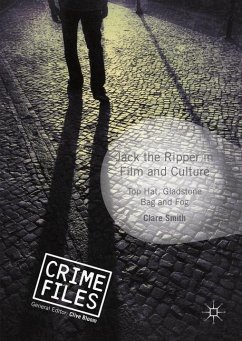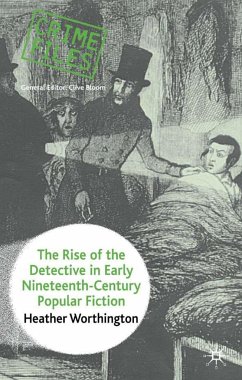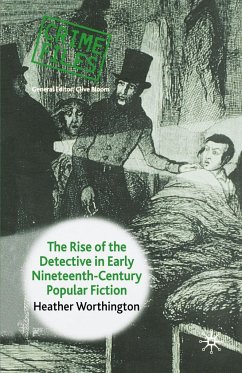
Globalization and the State in Contemporary Crime Fiction
A World of Crime
Herausgegeben: Pepper, Andrew; Schmid, David
Versandkostenfrei!
Versandfertig in 6-10 Tagen
83,99 €
inkl. MwSt.

PAYBACK Punkte
42 °P sammeln!
Why has crime fiction become a global genre? How do writers use crime fiction to reflect upon the changing nature of crime and policing in our contemporary world? This book argues that the globalization of crime fiction should not be celebrated uncritically. Instead, it looks at the new forms and techniques writers are using to examine the crimes and policing practices that define a rapidly changing world. In doing so, this collection of essays examines how the relationship between global crime, capitalism, and policing produces new configurations of violence in crime fiction - and asks whethe...
Why has crime fiction become a global genre? How do writers use crime fiction to reflect upon the changing nature of crime and policing in our contemporary world? This book argues that the globalization of crime fiction should not be celebrated uncritically. Instead, it looks at the new forms and techniques writers are using to examine the crimes and policing practices that define a rapidly changing world. In doing so, this collection of essays examines how the relationship between global crime, capitalism, and policing produces new configurations of violence in crime fiction - and asks whether the genre can find ways of analyzing and even opposing such violence as part of its necessarily limited search for justice both within and beyond the state.














